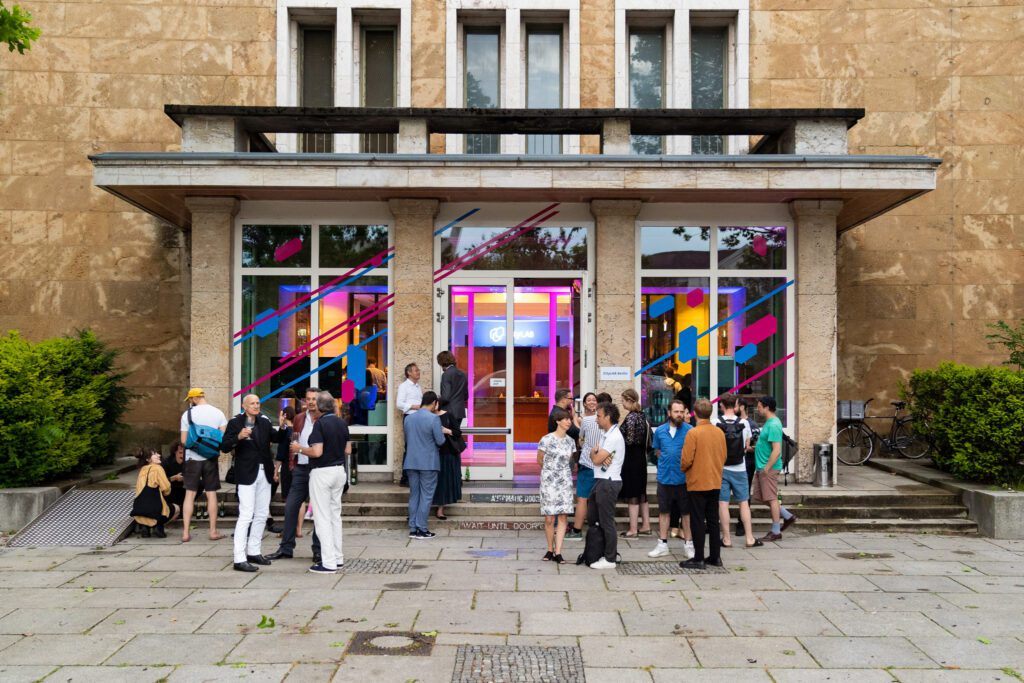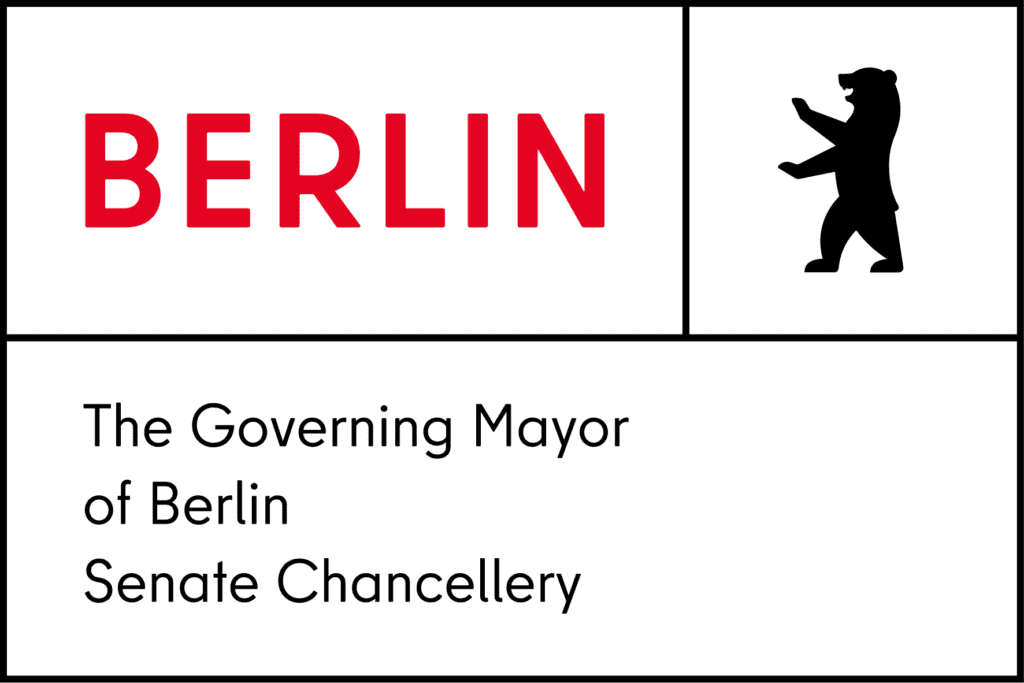The following article appears with kind permission of Tagesspiegel Background and was published there on November 2, 2021.
The phone rang the other day at CityLAB Berlin. The person on the other end of the line had an urgent problem. Their internet was ‘down’, said the person – could we possibly help? Now I have to say that the person in question was completely unknown to me, I didn’t even know where she got our phone number from; the obvious answer – ‘from the Internet’ – clearly didn’t apply in this case! However, she had heard that ‘something to do with digitalization’ was going on in our organization, so it seemed obvious to come to us with her problem.
I’ve been running CityLAB for about two and half years now – a public innovation lab based at the former Berlin-Tempelhof Airport. With a team of around 20 and numerous partners, we’re looking into the question of how to shape Berlin’s digital transformation in the interests of the common good and urban society. Or to put it another way: we are indeed doing ‘something to do with digitalization’, although the above anecdote shows just how varied the ideas are that people conjure up in their own minds in this connection.
My impression is that this vagueness is both a curse and a blessing for many innovation labs. Since hardly anyone seems to have a concrete idea of what exactly happens in such a lab, there’s a lot of freedom to try out new things. On the other hand, without a clear mission there’s a danger of getting bogged down and losing the necessary focus: after all, in some way or another everything has long become related to digitalization.

Innovation labs have varying interpretations of what they’re supposed to do
In recent years, numerous innovation labs have emerged in Germany, each interpreting their role very differently: Some see themselves more as event or workshop spaces, others offer participatory or educational activities, while others still function like co-working spaces or incubators for startups. While such diversity is initially welcome, it also shows how undefined the concept of an ‘innovation lab’ still is. I now regularly receive inquiries from other cities and municipalities that have decided to set up an innovation lab but they first want to understand what it actually is (I’m always very happy to receive such calls by the way, so if you feel this is relevant to you, do feel free to get in touch!).
So what is an innovation lab and what does it do? In terms of establishing our own identity as a team, it’s always been crucial to take the notion of a ‘laboratory’ seriously. Laboratories are places of experimentation. Taking this principle as a starting point opens up an immensely exciting and surprisingly little pursued field of activity – because experimentation is still far too rare in municipal authorities, particularly in public administration.
The dictionary describes an experiment as, firstly, “an attempt by which something is to be discovered, confirmed, or demonstrated” and, secondly, as “a venture; a daring, uncertain undertaking.” So in other words, experimenting is about finding out something you didn’t know before. And you do that by trying it out. Even at the risk of things not turning out as you expected. You set up a hypothesis, which then turns out to be right or wrong in the experiment. In both cases, you are wiser afterwards.

Open-ended experiments
For us, experiments like this can take very different forms. Of course, digital technologies are excellent for experimenting with – simply because they open up a whole host of new possibilities that are far from being fully utilized. For example, we used open data from the Berlin tree register to develop an application that enables citizens to coordinate the watering of trees in the city. Some people didn’t think much of the idea. But the app turned out to be a huge success. Another time, we trained an artificial Intelligence to analyze city maps and design its own plans based on certain criteria. We wanted to find out whether an algorithm was capable of identifying certain structural patterns that correlate with the quality of life in cities, for example. The results looked fun, but they weren’t otherwise particularly useful. Things could have turned out differently.
But of course it’s possible to experiment not just with technology but with changes to processes and new forms of collaboration, too. Recently, we carried out a small-scale project where we redesigned forms and applications used in public administration departments and tested them in direct dialogue with various citizens. Anything but high-tech – but immensely informative. Or we invite administrative staff to join us in collaborating across hierarchies and departments as we try out new methods and tools. That doesn’t always work either – but it’s becoming more and more successful. And we learn something every time.
You can’t plan innovations on the drawing board; they often arise unexpectedly, out of a concrete practical experience: You try something and it may not work out the way it’s supposed to – but then something else happens that you hadn’t thought of before, and that might not be too bad, or perhaps it’s much better but in a different way. This kind of thing doesn’t happen as long as you only think about change as a theoretical possibility. You need spaces where you can experiment, where things don’t always go according to plan and can always go in a completely different direction. When innovation labs offer this type of space, I believe they can actually initiate and inspire change processes.
Oh, and about the phone call I mentioned at the beginning: I was on the verge of explaining – in my best official voice – that I really wasn’t ‘the competent authority” to resolve the issue, but the desperation on the other end of the line only got worse, so I tried the oldest and still unbeaten IT support trick: “Have you tried turning the router off and on again?” And that did actually happen to be the solution to the problem. Nothing ventured, nothing gained.
